Listeria monocytogenes is back in the News
Blue Bell Recall is due to Aspen Hill
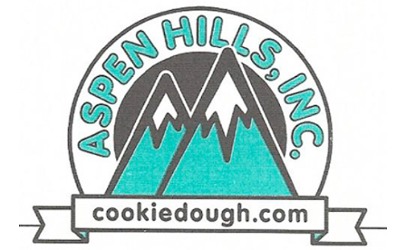 In October 2016, BioExpert reported that cookie dough contaminated with Listeria Listeria monocytogenes is back in the News from Aspen Hills (Garner, IA) has resulted in a number of recalls including Blue Bell ice cream. Recently, the FDA inspectors have confirmed that Listeria found in Blue Bell ice cream, prompting the recall of its products in October 2016, came from Aspen Hills.
In October 2016, BioExpert reported that cookie dough contaminated with Listeria Listeria monocytogenes is back in the News from Aspen Hills (Garner, IA) has resulted in a number of recalls including Blue Bell ice cream. Recently, the FDA inspectors have confirmed that Listeria found in Blue Bell ice cream, prompting the recall of its products in October 2016, came from Aspen Hills.
Federal inspections of the cookie dough maker Aspen Hill confirmed, using Whole Genome Sequencing (WGS) analysis, that the Listeria isolated from Aspen Hill was found in the Blue Bell product. This settled the dispute between the two companies regarding the origin of the contamination.
The FDA issued a form 483 warning letter to Aspen Hill. In the letter the FDA claims that it has found Listeria monocytogenes in four areas of the Aspen Hills plant, and the company itself identified the pathogen in 10 areas as well as one finished batch of cookie dough that was not distributed to customers.
In the letter the FDA states “… The frequency of these environmental findings in conjunction with your finished product finding indicates that your firm is not taking aggressive action to identify harborage sites for L. monocytogenes,” “… The presence of L. monocytogenes in your facility is significant because it demonstrates your cleaning and sanitation practices are inadequate to effectively control pathogens in your facility to prevent contamination of food”.
The Huston Chronicle reports that due to the FDA’s findings the owners of Aspen Hill, Thomas and Nancy Lundeen now plan to leave Aspen Hills. The company’s production ceased at the end of December.
Aspen Hills spokesman Jon Austin wrote in an email: “We are committed to addressing any questions raised by the FDA so that the agency can be assured that our commitment to the safety and wholesomeness of our products will not waver even as we exit the market”.
Recent Recalls due to Listeria
Ruth’s Salads Company of Charlotte, NC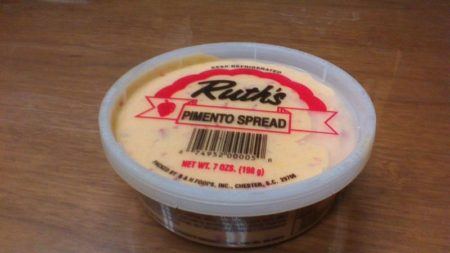
The FDA reported that Ruth’s Salads recalled refrigerated pimento spread from stores in five states, because random product testing by the NC Department of Agriculture returned positive results for Listeria monocytogenes.
The products were distributed to multiple retailers in North Carolina, South Carolina, Georgia, Virginia and Tennessee. No illnesses had been reported as of the posting date.
Fromi USA. of New York, NY
The FDA Reported that Fromi USA recalled 7 cases of Soureliette cheese and 2 cases of Tomme Brebis Fedou. The products might have been contaminated with Listeria monocytogenes. The potential for contamination was detected in a routine testing by the foreign supplier that revealed the presence of Listeria monocytogenes.
The recalled Tomme Brebis Fedou cheese and Soureliette were distributed to CA, NY and MA through retail stores. No illnesses have been reported to date in connection with this recall.
Barberi International Inc. of Miami, FL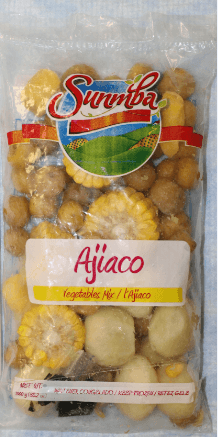
The FDA Reported that the company recalled its Sunmba Frozen Ajiaco (vegetable mix) product across Florida due to possible contamination with Listeria monocytogenes.
Florida’s Department of Agriculture and Consumer Services received the positive lab results from a routine product testing. No illnesses have been reported in connection with this product.
Dion’s restaurants in Colorado, New Mexico and Texas
The U.S. The Department of Agriculture’s Food Safety and Inspection Service(FSIS) issued a public health alert due to concerns about assorted sliced deli meat (sliced roast beef, ham, pastrami, and turkey) served to customers at Dion’s restaurants that may have been contaminated with Listeria monocytogenes. The sliced deli meats were produced by Peter DeFries Corporation, an Albuquerque, N.M. establishment. The problem was discovered through routine testing conducted as part of the Peter DeFries Listeria testing program.
Blue Ridge of Eatonton, GA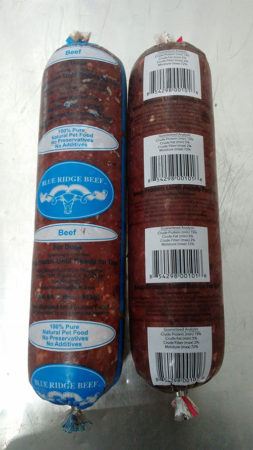
The FDA reported that the company is recalling frozen beef sold in 2 lb chubs for dog consumption due to potential contamination with Listeria monocytogenes.
Listeria can affect animals consuming the product. There is a risk to humans from handling contaminated pet products, especially if they do not thoroughly wash their hands after having contact with the products or any surface exposed to these products. The affected products were distributed to retail stores in NC, SC, GA, and FL.
New Listeria monocytogenes Prevention in Ready-To-Eat Foods- Draft
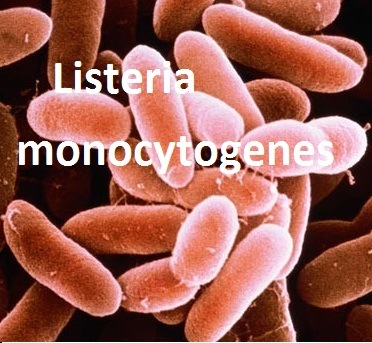 The FDA has published a new guidance for the prevention of Listeria monocytogenes in ready-to-eat foods. The updated draft guidance has an emphasis on prevention, consistent with the FDA Food Safety Modernization Act (FSMA). The draft focuses on prevention and reflects the FDA’s current good manufacturing practice (CGMP) requirements. It also includes new requirements for hazard analysis and risk-based preventive controls, including verification of preventive controls.
The FDA has published a new guidance for the prevention of Listeria monocytogenes in ready-to-eat foods. The updated draft guidance has an emphasis on prevention, consistent with the FDA Food Safety Modernization Act (FSMA). The draft focuses on prevention and reflects the FDA’s current good manufacturing practice (CGMP) requirements. It also includes new requirements for hazard analysis and risk-based preventive controls, including verification of preventive controls.
The draft contained many detailed recommendations such as sanitizers to be used, clothing, equipment maintenances and design. There is a lengthy discussion on corrective actions if an environmental sample is found to be positive. The FDA points out that the corrective action is dependent upon the particulars of the facility and the product.
The document discusses that product formulation must limit the growth of Listeria to less than one log. It also discusses reduction processes, and that processes that are considered Listeria reduction if they reduce it by 5 logs.
As for environmental monitoring, The FDA recommends that Listeria ssp be monitored and that the swabs cover both food contact surfaces and non-food contact surfaces. It is important to emphasize that the FDA points out “As discussed in section II.C, L. monocytogenes is widespread in the environment, has been isolated from food packing and processing environments, and has been shown to persist in equipment and the processing environment in harborage sites. As a result, you should expect to detect the presence of Listeria spp. or L. monocytogenes on an occasional basis in environmental samples collected from your plant. As discussed in section XIII.A, the goals of an environmental monitoring program include finding L. monocytogenes and harborage sites if present in your plant and ensuring that corrective actions have eliminated L. monocytogenes and harborage sites when found in your plant. If you consistently see negative test results in environmental samples collected from your plant, we recommend that you revise your environmental monitoring procedures to add, substitute, or both add and substitute other surfaces in your plant for sample collection and testing to ensure you are not missing a source of contamination.”
The draft discusses control, environmental monitoring, and corrective action. It imposes more responsibility on the processor for determining risk, which might be more forceful in terms of expected controls and monitoring.
